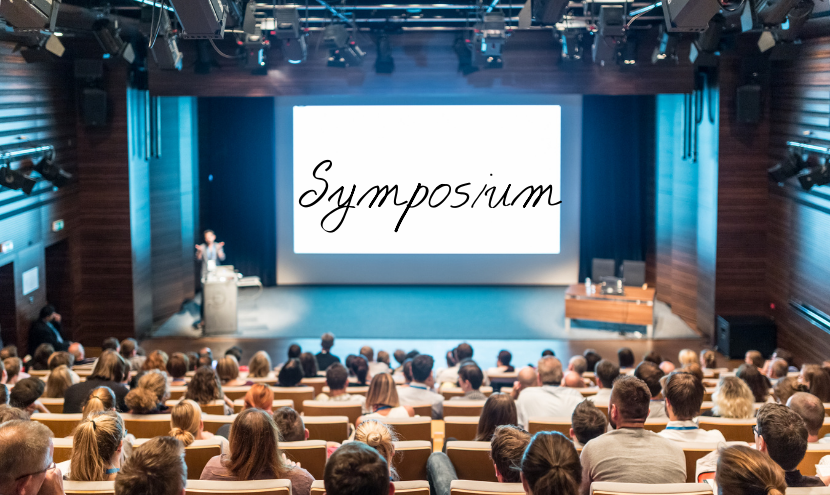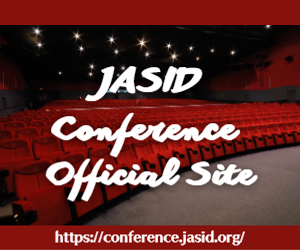開催案内(会員・一般):国際シンポジウム “The Development Century in the Indian Ocean World”開催のご案内

国際開発学会のみなさま
大変お世話になっております、会員の関谷雄一です。
12/13-14(土日)に予定しております、環インド洋地域研究プロジェクト・東大拠点主催の国際シンポジウムについて、開催概要が確定しましたのでご案内をさせていただきます。
このシンポジウムは、環境、医療、開発の3つのテーマで開催されます。年末のせわしない時期かと思いますが、冬の東大駒場へぜひ足をお運びいただけましたら幸いです。
ご参加を希望される方は、下記のgoogle formよりご登録ください。
【以下開催概要】
TINDOWS International Symposium: “The Development Century in the Indian Ocean World”
日時/Date: 2025年12月13日(土)ー14日(日)/December 13 (Sat) – 14 (Sun), 2025
場所/Venue: 東京大学駒場キャンパス18号館ホール/Auditorium, Building 18, Komaba Campus, The University of Tokyo
参加形式/Attendance: 対面参加のみ/ In-person Only
*申込み/ Symposium Registration:
参加ご希望の方は下記フォームより12月4日(木)までにご登録ください。
Please complete the registration form below by Thursday, December 4, 2025.
https://forms.gle/w3rZtkVJWafUZDyB6
Recent scholarship has shown that the Indian Ocean has long been an interconnected world—a space where people, goods, and ideas have circulated for centuries. Yet the waves of European colonial expansion, with their violent reordering of power relations, transformed these networks and redefined the relations between human societies and their environments. From the nineteenth century onward, large-scale imperial interventions came to be justified in the name of “development,” establishing the moral and institutional foundations for what Macekura and Manela have called the development century—a global order structured by the promise of progress and the politics of inequality.
Although South Asia and Africa have often been studied separately, examining them through the lens of imperial science and its genealogical continuities in medicine, resource management, and postwar development aid reveals new and unexpected patterns of connection. European empires such as Britain and Germany, and later Japan, built infrastructures and institutions that linked distant regions through projects of extraction, welfare, and expertise. Japan’s trajectory—from an imperial power to a postwar donor and partner in international development—offers a distinctive window onto how knowledge, technology, and moral claims circulated across the Indian Ocean and beyond.
Revisiting the development century from this broader perspective, the symposium explores how ideas and practices of development emerged from, and reconfigured, longer histories of empire and science. By bringing together case studies from South and Southeast Asia and Africa—ranging from forestry and environmental management to pharmaceuticals, governance, and cooperation—it seeks to illuminate both the continuities and ruptures of empire, and the shifting images of “region” that take shape through Japan’s and others’ engagements in the Indian Ocean world.
Day 1 — Saturday, December 13
14:00 – 14:10
Opening Remarks
Prof. Yuichi Sekiya (The University of Tokyo)
Session I: Environment — The “Legacy” of Imperial Japan’s Forestry
14:10 – 14:35
Prof. Taisaku Komeie (Kyoto University)
The Ambivalent “Legacy” of Japanese Imperial Forestry in Korea
14:40 – 15:05
Prof. Koji Nakashima (Kanazawa University)
Development of Tropical Forestry: A (Post)colonial History of Japanese Empire Forestry
15:10 – 15:35
Prof. Kuang-Chi Hung (National Taiwan University)
The Legacy of Japan’s Colonial Forestry in Taiwan and Its Transformation during the Cold War
15:35 – 16:00
Comments and Replies
Commentator: Prof. Shoko Mizuno (Komazawa University)
16:00 – 16:15 Tea Break
16:15 – 17:00 Open Discussion (the end of Session I)
18:00 – Reception @ Kanran, par Lever son Verre Tokyo
Day 2 — Sunday, December 14
Session II: Medicine — Pharmaceutical Substances and Changing Forms of Governance
09:00 – 09:25
Prof. Ashok Malhotra (Queen’s University Belfast)
Establishing a Nutritional Research Institute in British India, 1925–27
09:30 – 09:55
Prof. Hiroyuki Isobe (Chuo University)
Colonial Revisionism of a Medical Nature?: Production and Distribution of the Drug “Germanin” against the African Trypanosoma, and Its Politicization in “Post-colonial” Germany during the Interwar Period
10:00 – 10:25
Prof. Ayami Umemura (Nagoya University)
Blood as Therapeutic and Political Substance: Ethnicity and Blood Donation in Sri Lanka
10:30 – 10:55
Prof. Akinori Hamada (The University of Tokyo)
Free, Promise, and Practicality: Distributing Pharmaceuticals with/out Care in Southern Ghana
10:55 – 11:30
Comments and Replies
Commentator: Prof. Takuro Furusawa (Kyoto University)
11:30 – 11:45 Tea Break
11:45 – 12:30 Open Discussion (the end of Session II)
12:30 – 13:30 Lunch Break
Session III: Development — Historicizing Japanese International Cooperation
13:30 – 13:55
Ms. Lulu Namvua Tessua (University of Nairobi)
The Dreams of Development: Three Years of a Successful Tenure and a Lifetime of Uncertainty in the Ndungu Agricultural Development Project
14:00 – 14:25
Prof. Louisa Lombard (Yale University)
Access or Culture in the Problem of Development: The Case of Kaizen
14:30 – 14:55
Ms. Naomi Hatsukano (Institute of Developing Economies)
Unrealized Development Assistance Plans in Cambodia from the Mid-1950s to Early 1960s: The Origins of Japan’s Development Assistance
15:00 – 15:25
Prof. Kaori Hatsumi (Seinan Gakuin University)
“Mannar Island for Sale”: The War, the COVID-19 Crisis, and Foreign Direct Investment (FDI)
15:25 – 16:00
Comments and Replies
Commentator: Prof. Tatsuro Fujikura (Kyoto University)
16:00 – 16:10 Tea Break
16:10 – 16:55 Open Discussion (the end of Session III)
17:00 – 17:50 Concluding Roundtable — Reflections Across Sessions I–III
17:50 Closing Remarks
せひご参加いただけましたら幸いです。
よろしくお願いいたします。
ご不明な点は tindowsoffice[at]tindows.c.u-tokyo.ac.jp か、sekiya[at]anthro.c.u-tokyo.ac.jp までお尋ねください。
関谷雄一 会員番号 203299
sekiya[at]anthro.c.u-tokyo.ac.jp
(*メールアドレスの [at] の部分は、@に修正してご使用ください)
